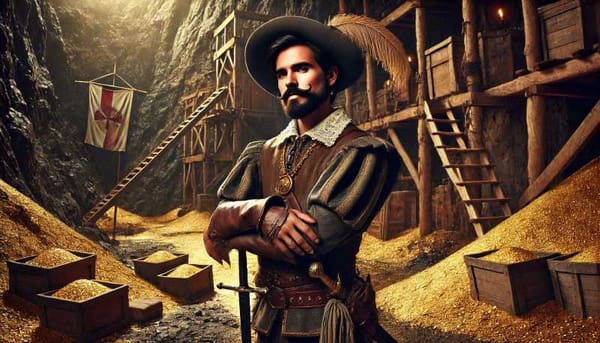How nationalist discourses stimulate the spectacle of soccer
Nationalist discourses encourage belonging and politics. As a "social destructuring" area, soccer legitimizes masculine tears, hugging, and physical connection (a process of formation without structure). In the US, the event trumps the competition; the hero is the audience.

The nationalist discourses built around soccer teams and selections stimulate the functioning of this sport as a spectacle, as an entertainment industry, and it is used as a defense of an imagined community, which is why it works so well, according to Giovanni Alejandro Pérez Uriarte, master in History at UNAM.
The researcher, who specializes in the history and culture of sports in Mexico and Latin America, indicated that this type of rhetoric is useful to promote a sense of belonging and in political uses, constituted by the entertainment industry on emotion, configured as a product and service.
Participating in the session "Futbol soccer, meeting space in North America", organized by the Seminar of Multidisciplinary Studies on Cultural and Creative Industries of the Center for Research on North America (CISAN) of the UNAM, he also highlighted how soccer should be a space to think and rethink new masculinities.
"Soccer as a carnival, as a moment of exception, where all these masculinities are expressed, should be thought and rethought, because it is there where political and daily positions are filtered. Soccer projects postures of how a man should be and it are time to question and reconfigure them; the so-called homophobic shout in the stadiums is part of the folklore; however, these internalized attitudes must be changed and rethought," he explained.
In this context, the sociologist of Sports of the Faculty of Political and Social Sciences (FCPyS), Sergio Varela Hernández, mentioned that, regarding the relationship between emotions and masculinities, soccer has permissiveness: "The physical proximity that is not allowed in other sports, is allowed in soccer.
The celebration, the touching, what would not be allowed in an open public, non-sports environment, is allowed in soccer; crying, kissing, and hugging are part of that, it is the space of carnival, of social destructuring where things do change and it is a different time from everyday life, what could be seen as homosexual practices, are allowed in the soccer space", he explained.
In his presentation: "So far from the goal, so close to the United States. The soccer rivalry between Mexico and USA" he recalled the first soccer match played between the two nations in 1934, in Rome, days before the World Cup in Italy, with a score in favor of the Americans.
"In the political sphere, Mexico has somewhat disdained the relationship with the United States, to accredit a certain and relative autonomy, as well as distance. In the sports field, Mexico is more closely linked to other countries in the continent, much more to the south," he added.
The hero of the stadium
Javier Pescador, an academic at Michigan State University, affirmed that the Mexican spectator in the United States bears a certain similarity to the presence of regular fans in American soccer stadiums in that country.
They have their own game and agenda, their way of projecting an image; they do not come because of the reputation of Mexican soccer (because it does not have one here), but because the event is more important than the competition and the result itself, that is "where the hero is the spectator", he said.
"There is a will and initiative to present himself as a prototype of masculinity, as a father, hero, and protector, who is already 'doing it in the gabacho', to be the hero of the stadium and to deploy himself as an example migrant, protagonist of this carnival atmosphere", he concluded.




